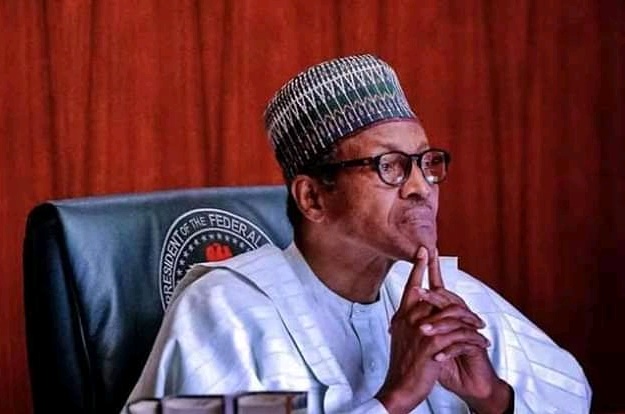“I’m absolutely aware of it” was the response of President Buhari when asked if he was aware of the millions of Nigerians who still find it difficult to feed under his watch.
It is no gainsaying or a gimmick that the current economic situation in Nigeria is one that calls for drastic measures (not sympathy) to be put in place to save the citizenry from “hunger virus” which seems more predominant than the deadly coronavirus rampaging the world.
For an average citizen, the greatest infrastructure is not the street lights on the busy roads, nor the railways that seems to be the greatest achievement of some political gladiators or the epileptic power supply that has now become prayer points in churches and mosques, but rather poverty alleviation, that is, provision of essentials to ameliorate the livelihood of the citizenry — Stomach infrastructure.
On a sad note, out of the over 200 million Nigeria’s population, nearly 87 million Nigerians live in extreme poverty, according to an online survey. Hence, it’s no surprise when the Giant of Africa overtook India in 2018 as the country with the poverty capital of the world, with an estimated half of the country’s population, thought to be living on less than $1.90 a day.
The findings, based on a projection by the World Poverty Clock and compiled by Brookings Institute, show that more than 643 million people across the world live in extreme poverty, with Africans including Nigerians accounting for about two-thirds of the total number.
Going forward, rising prices, known as inflation, the cost of doing business, borrowing money, mortgages, corporate, and government bond yields, and every other facet of the economy have been a major challenge for every successive governments, as the citizens who are mostly affected have little or no option than to resolve to alternative means of survival.

Nigeria’s recent inflation report shows that the country is still plagued with double-digit inflation, implying that prices have increased massively since the emergence of COVID in 2020 when the economy was engulfed with panic buying, border closures and lockdown restrictions.
By implication, there is a decrease in the value of the dollar while encouraging interest rate on loans, thereby decreasing real returns on savings. The lower the inflation rate, the greater are the productive effects of a reduction.
Over time, the disproportionate impact of inflation on lower-income households and those working in sectors with low savings (e.g., agriculture) will exacerbate inequality. Ultimately, inflation will not only negatively affect incomes, but also economic productivity and job creation, further constraining Nigeria’s recovery from recession.
If double-digit inflation persists during 2022-2023, rising prices will distort consumption, investment, and saving decisions of the government, households, and firms, with adverse ramifications for long-term borrowing and lending, according to World Bank projection in 2021.
In 2015, President Buhari promised Nigerians that he would ensure that the Naira was equal to the dollar in value if voted into office (what public commentators see as mere campaign promises). Today, 1 US dollar is 412.80 in Nigerian currency (Naira), which has since been fluctuating day-in, day-out. What has really changed over the years? Why is the government still finding it difficult to fulfill its promise to Nigerians? Could this also be the reason millions of Nigerians are suffering? These questions must be carefully answered to understand the current economic realities.
Moving away from the economic tendency, the political instability of the country is another determinant for the poverty bedeviling the citizens. However, these programmes have largely failed to overcome the three reasons for this persistent poverty: income inequality, ethnic conflict, and political instability.
Today, Nigeria has been disjointed more than ever before as a result of the agitations for self-government, restructuring among other political concerns, which in turn, affect the citizens negatively. We can’t deny the fact these crises would have died down if proactive measures were taken before now rather than giving them a fire brigade approach.
An economy without political stability is like sitting on a powder keg, hence, there is the need to look deeply into these critical areas affecting the livelihood of the citizenry if we must find an ultimate solution to the pains and sufferings bedeviling these low-income Nigerians who are mostly affected by the economic downturn.
– Arogbonlo Israel, a journalist and good governance advocate, writes from Lagos.





